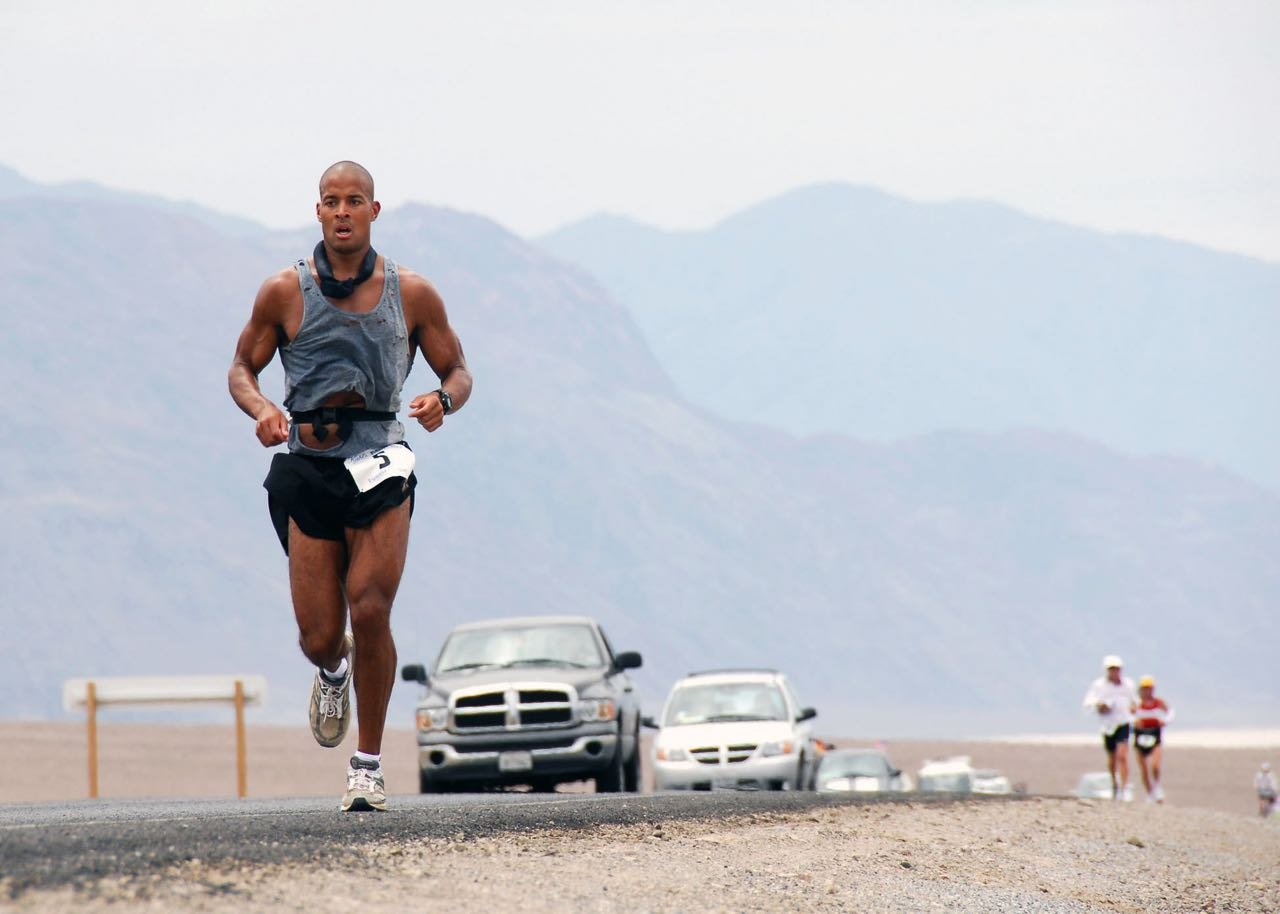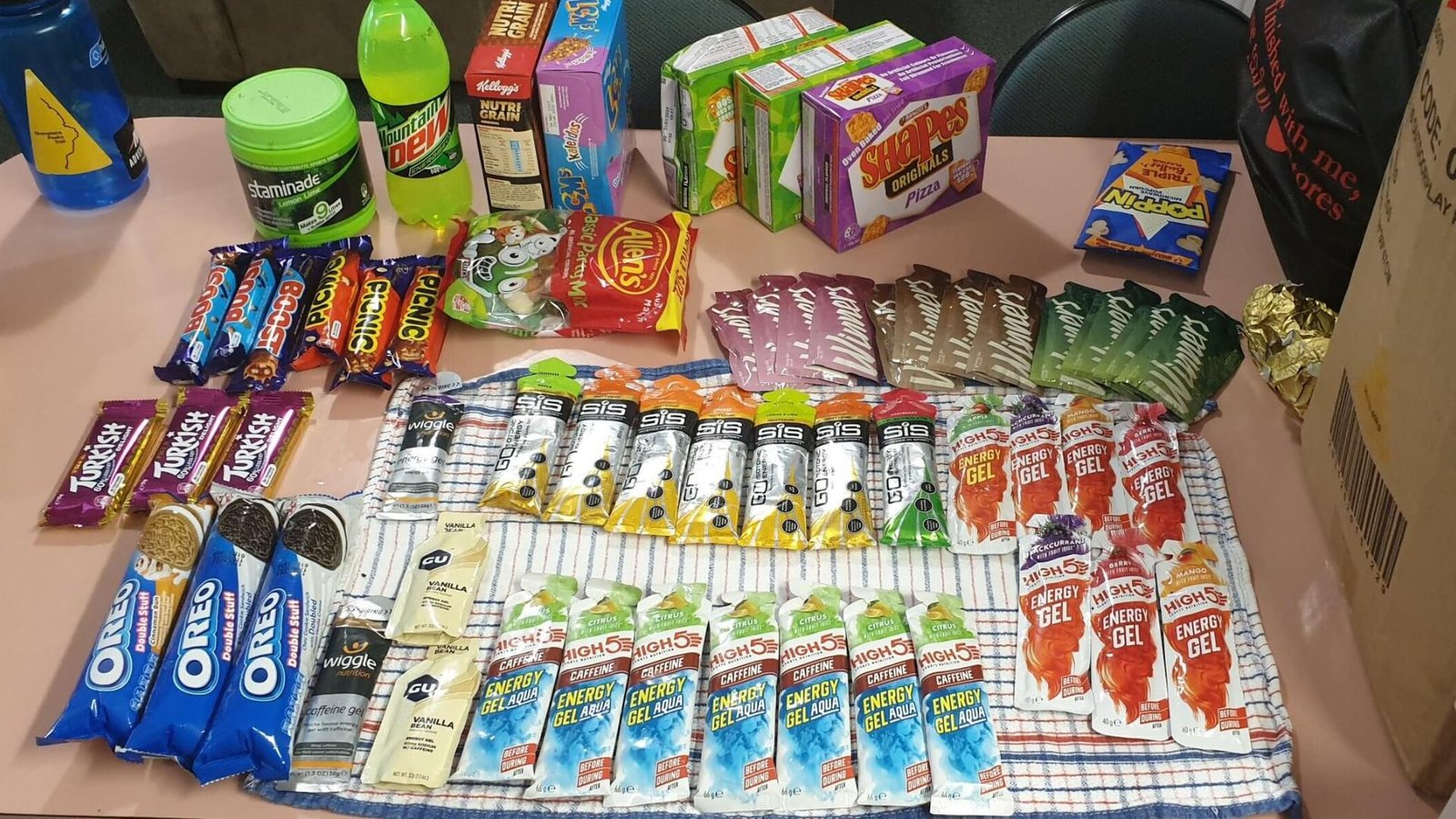Running an ultramarathon is an incredible achievement, but it can leave your body feeling drained. Understanding how to recover after running an ultramarathon is key to getting back on track. Recovery is not only about resting but also about taking the right steps to heal, rehydrate, and restore your energy. Let’s explore how you can properly recover after completing an ultramarathon.

1. Rehydrate and Replenish Fluids
After running an ultramarathon, your body will need to restore lost fluids. One of the first things you need to do when learning how to recover after running an ultramarathon is to rehydrate. During the race, you lose fluids through sweat, and dehydration can make recovery much harder.
Start by drinking water, but it’s also important to consume drinks with electrolytes. Sports drinks or electrolyte tablets can help restore important minerals like sodium, potassium, and magnesium that you lost while running. These minerals are essential for muscle function, so they will aid in reducing cramps and restoring your strength.
Drink Water in Small Sips
It’s best to drink water slowly to avoid overwhelming your stomach. Sipping water gradually will ensure your body absorbs it properly. For the first few hours, focus on water and electrolyte drinks, and avoid too much caffeine or alcohol as they can dehydrate you.
2. Replenish Your Energy with the Right Foods
Proper nutrition is another vital part of how to recover after running an ultramarathon. Your muscles have been through a lot, and they need the right fuel to recover. After the race, aim to eat a balanced meal within 30 to 60 minutes.
Include Carbs, Protein, and Fats
Your recovery meal should include carbohydrates to replenish glycogen stores, protein for muscle repair, and healthy fats to reduce inflammation. Foods like lean chicken, quinoa, sweet potatoes, and vegetables are great options. A smoothie with fruits, protein powder, and nut butter is also a convenient and nutritious post-race meal.
Focus on Small Snacks Throughout the Day
It’s also helpful to eat smaller snacks throughout the day. This will keep your energy levels stable and provide your body with a continuous supply of nutrients for recovery.
3. Rest and Recover
Rest is essential when learning how to recover after running an ultramarathon. While it may be tempting to jump right back into your regular training, your body needs time to heal. During the first few days after the race, avoid intense physical activity.
Take Short Walks for Circulation
Instead of running or doing intense workouts, try short walks to keep your blood flowing. Gentle movement will help with circulation and reduce stiffness. Stretching lightly is also useful, but make sure not to overdo it, as your muscles are still repairing.
Focus on Sleep
Sleep plays a huge role in muscle recovery. Ensure you get enough rest over the next few days. Aim for at least 8 hours of sleep per night to allow your body to fully recover. Sleep will help reduce inflammation and repair damaged tissues in your muscles.
4. Stretch and Foam Roll
After a few days of rest, begin gently stretching your muscles to maintain flexibility. Stretching helps release tension in the muscles and reduces soreness. Another effective method for recovery is foam rolling.
Foam Rolling to Release Tension
Foam rolling is a great tool for muscle recovery. It helps release tightness in your muscles, improving blood flow and reducing muscle stiffness. Focus on areas that feel especially tight, like your calves, quads, and hamstrings. Just be gentle at first, and gradually increase pressure as your muscles loosen up.
5. Listen to Your Body
As you recover, it’s important to listen to what your body is telling you. If you still feel pain or discomfort, it’s okay to rest a little longer. Pushing too hard too soon can lead to injury. Everyone recovers at their own pace, so make sure to give yourself the time you need.
Gradually Return to Training
Once you start feeling better, ease back into your regular workouts. Begin with light activities like jogging or swimming, and gradually build up to more intense sessions. Make sure to incorporate rest days into your training plan to prevent overuse injuries.
Conclusion: A Balanced Recovery Plan
In conclusion, how to recover after running an ultramarathon is a combination of rehydration, proper nutrition, rest, and light physical activity. Focus on replenishing fluids and nutrients immediately after the race, and take the time to rest and allow your muscles to recover. Gradually ease back into exercise and listen to your body’s signals. With these recovery steps, you will not only feel better faster, but you will also be able to run stronger in your next race.










